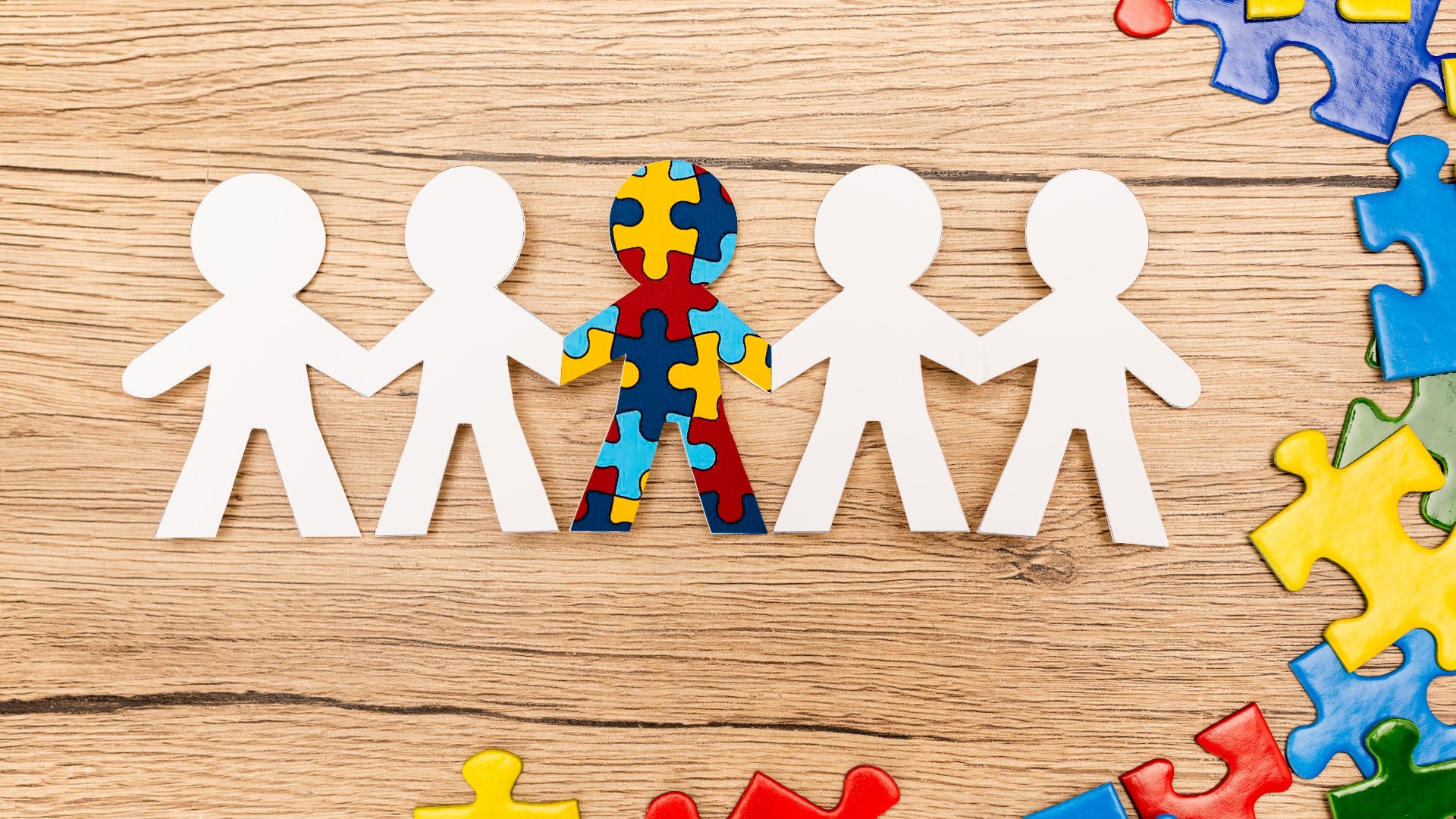SEATTLE — During the month of April, several local organizations and families take the opportunity to raise awareness about the complex neurological disorder that typically appears in the first three years of someone's life.
The Washington Autism Alliance (WAA) president and CEO, Arzu Forough, said about 1 in 36 children have been identified with autism spectrum disorder (ASD) according to estimates from CDC’s Autism and Developmental Disabilities Monitoring Network.
According to WAA, people with ASD often have problems with social, emotional, and communication skills. They might repeat certain behaviors and might not want change in their daily activities.
In Washington state, nearly 143,000 children, adolescents and adults are on the spectrum. Of them, 51,096 are under 21, and 91,768 are adults 22 and older, according to WAA.
Forough said WAA and other advocates are working every day to increase better access to healthcare, education and support services for everyone who needs them.
WAA provides several services including family navigation, advocacy and legal services, a special education legal library, an insurance portal, training workshops, a resource directory, a parent support group with mental health counseling, and activities for adolescents to help transition into adulthood and independent living.
The WAA team credits much of its ability to provide services to generous community members who donate.
The organization's largest fundraiser is the Revealing Possibilities Gala - A Night of Transforming Lives.
The gala is set for Saturday, Sept. 7, at Hideaway Cellars, on 4130 1st Ave. S., Seattle. The event brings together supporters across the state who are focused on social justice and health equity.
WAA shares signs and symptoms of children or adults with ASD might:
- Not point at objects to show interest (for example, not point at an airplane flying over)
- Not look at objects when another person points at them
- Have trouble relating to others or not have an interest in other people at all
- Avoid eye contact and want to be alone
- Have trouble understanding other people’s feelings or talking about their own feelings
- Prefer not to be held or cuddled, or might cuddle only when they want to
- Appear to be unaware when people talk to them, but respond to other sounds
- Be very interested in people, but not know how to talk, play, or relate to them
- Repeat or echo words or phrases said to them, or repeat words or phrases in place of normal language
- Have trouble expressing their needs using typical words or motions
- Not play “pretend” games (for example, not pretend to “feed” a doll)
- Repeat actions over and over again
- Have trouble adapting when a routine changes
- Have unusual reactions to the way things smell, taste, look, feel, or sound
- Lose skills they once had (for example, stop saying words they were using)

